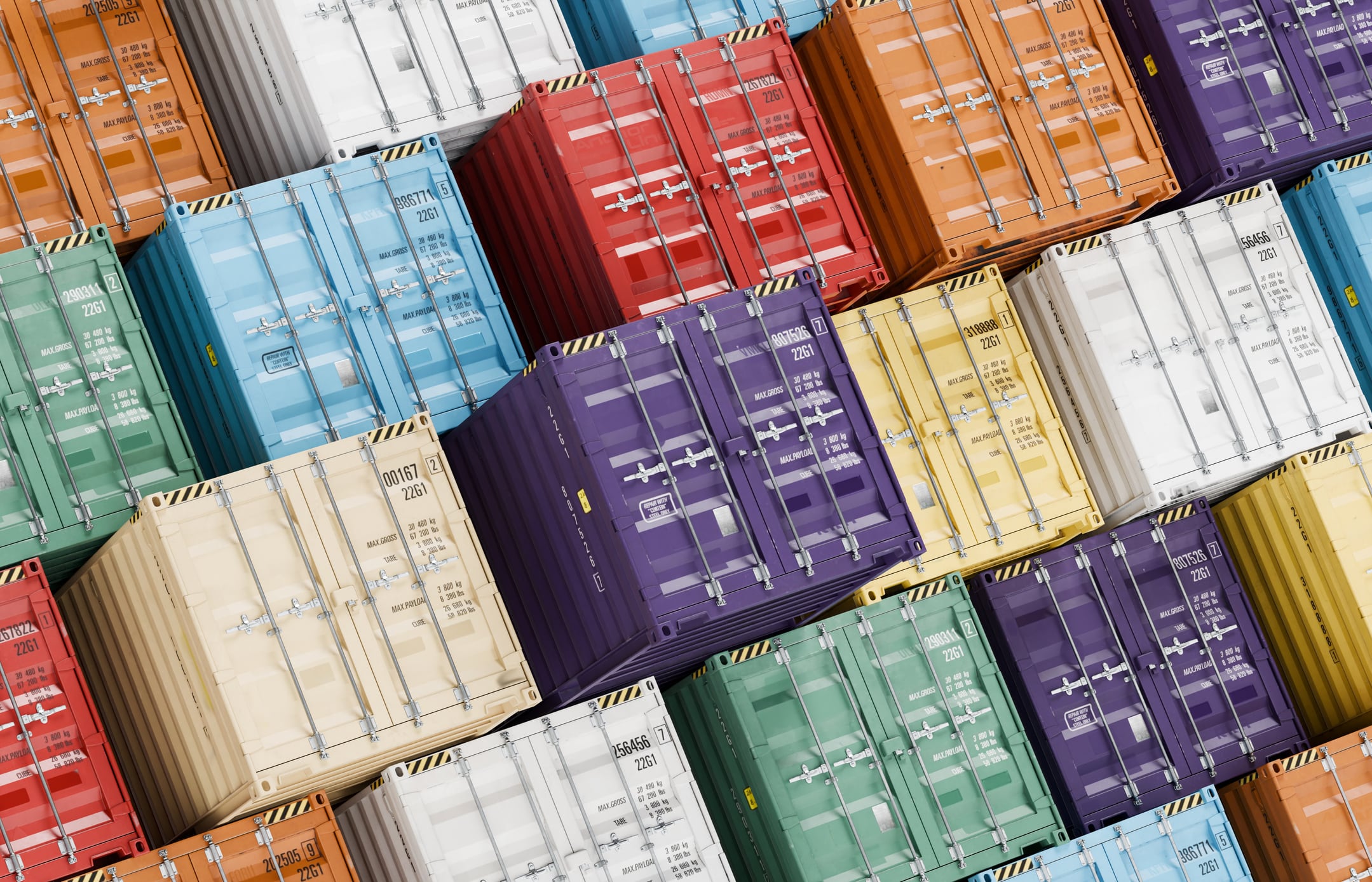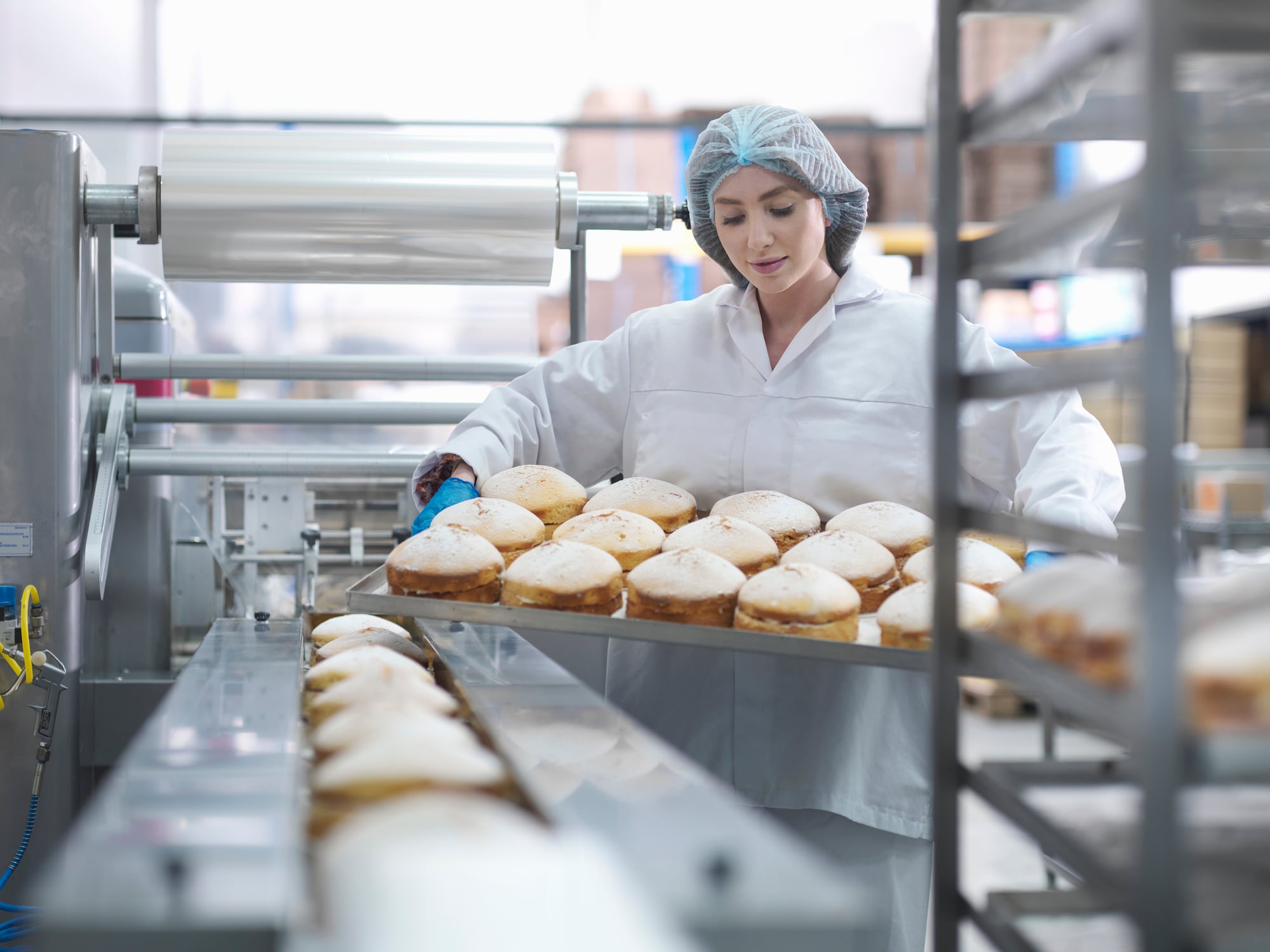The UK Global Tariff will be temporarily suspended across 89 products, saving UK businesses up and down the country at least £17 million a year.
The UK Global Tariff applies to goods entering the UK that do not qualify for preferential treatment under, for example, a free trade agreement.
These tariffs will now be cut to zero until July 2027 and are part of a wider push to protect British firms from US tariffs, after the UK was hit with a 10% tax across the board. This comes on top of 25% duties on aluminium, steel and vehicles.
The removal of the tariffs on these 89 products will enable savings for businesses which can then, in turn, ease the strain on consumers’ pockets.
Alongside tariff removal for products such as pasta, fruit juices, coconut oil and pine nuts; the two-year halt will also apply to agave syrup – an ingredient often used in margaritas, meaning keen cocktail-makers could enjoy lowered costs as the warmer weather approaches.
Other commodities impacted include key construction materials.
The Department of Business and Trade (DBT) says the changes support key growth sectors, such as advanced manufacturing and clean energy, to compete with international rivals, supporting the Government’s Industrial Strategy with the Plan for Change.
“Free and open trade grows economies, lowers prices and helps businesses to sell to the world, which is why we’re cutting tariffs on a range of products,” said business and trade secretary Jonathan Reynolds.
Chancellor of the exchequer Rachel Reeves added: “In a changing world we know families are anxious about the cost of living, and businesses uncertain about their future. That’s why we’ve announced lower prices on imports of everyday essentials - helping businesses to thrive and pass on savings to customers.
“Through our Plan for Change we’re supporting British business and putting more money in people’s pockets.”
In the meantime, the UK Prime Minister, Keir Starmer, has said the UK “will keep calm and fight for the best deal with the US”.
The food sector will likely be worrying a deal means bowing to pressure on food standards, but business minister Jonathan Reynolds promised over the weekend (13 April 2025) that Britain will not relax its food safety standards.
In an interview with Sky news, he offered the following reassurance: “We will never change our SPS (sanitary and phytosanitary) food standards. We’ve made that perfectly clear to the United States.”





